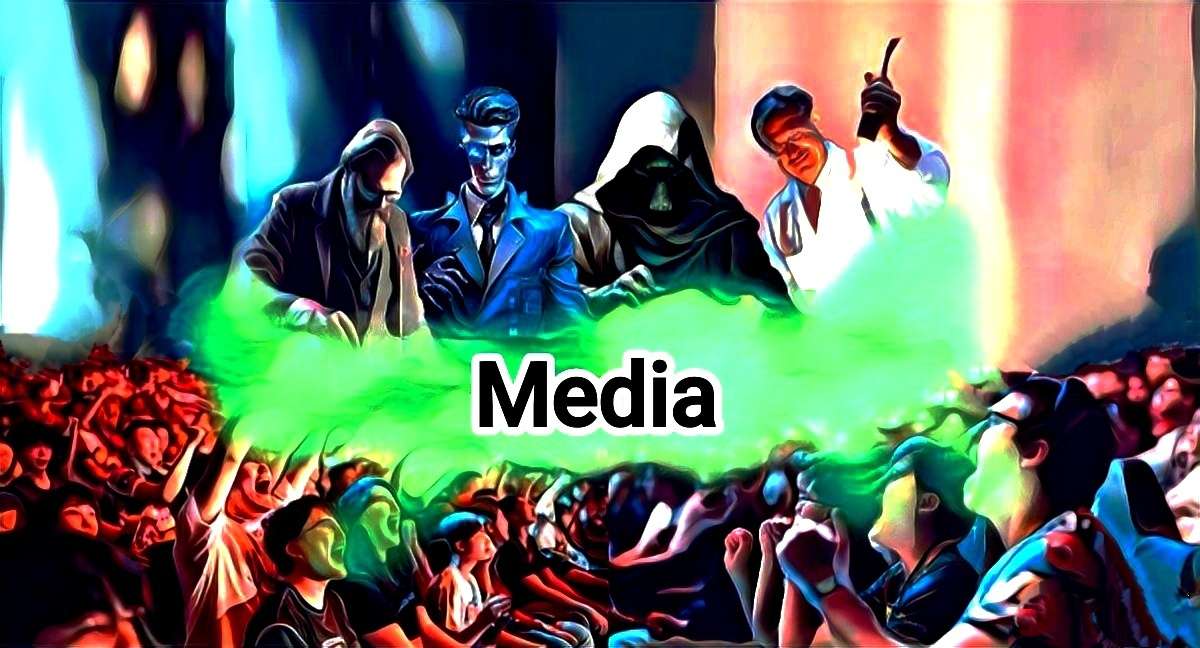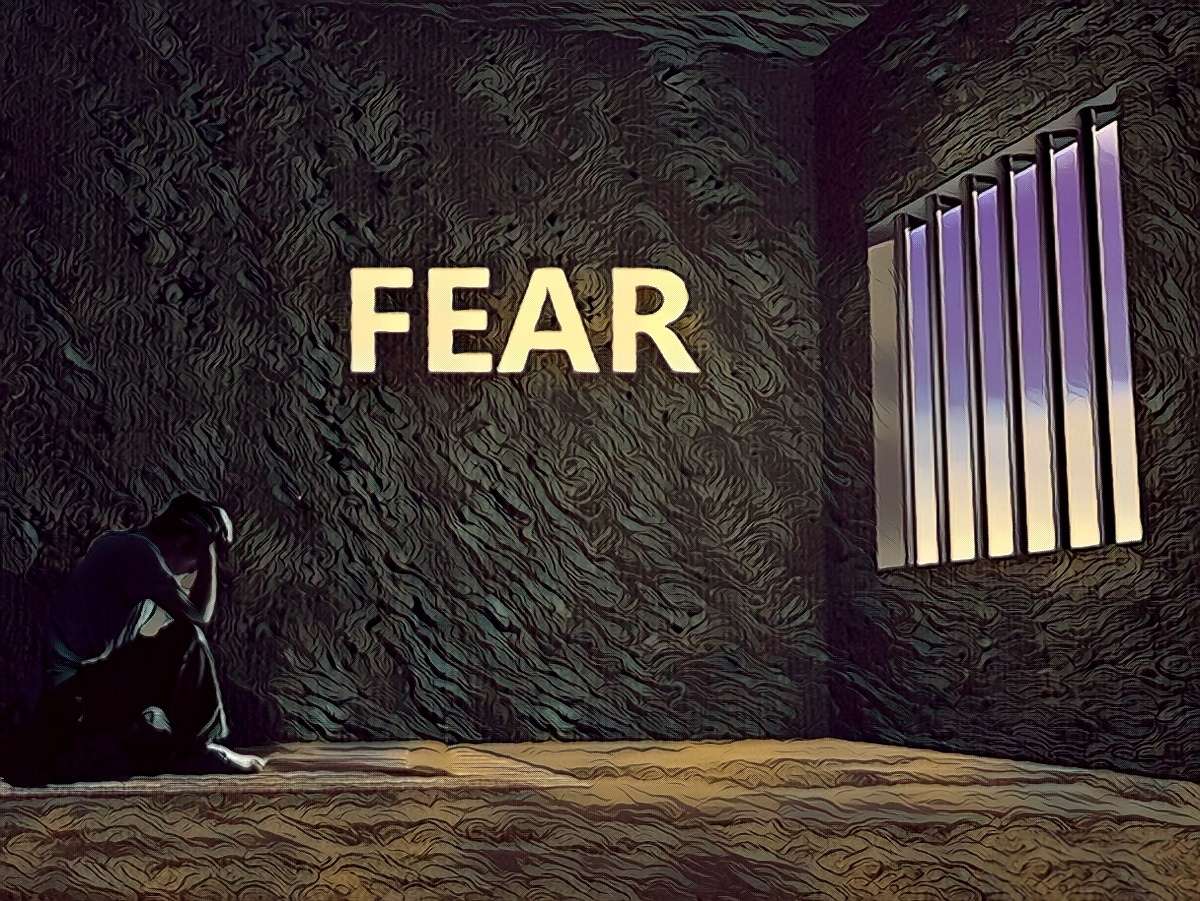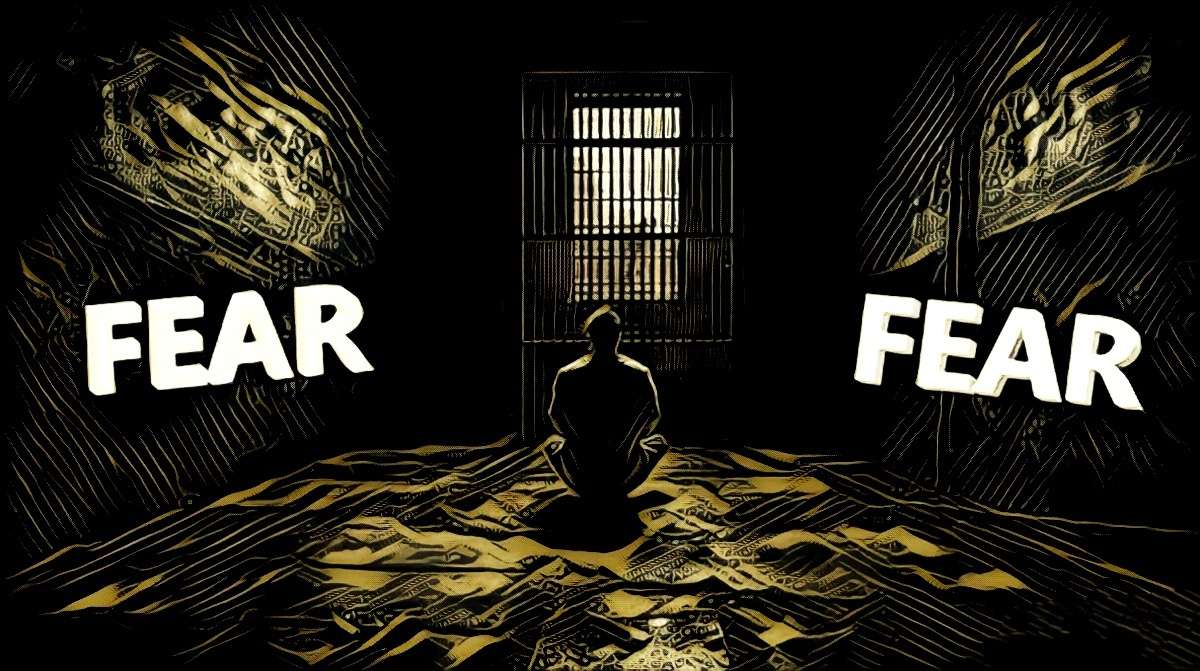
The media, once heralded as the fourth pillar of democracy, has increasingly become a tool in the hands of the powerful. The intricate web of influence wielded by corporations, governments, and wealthy individuals over the media landscape has created a system that often prioritizes profit, political agendas, and social control over objective journalism. This manipulation of information has far-reaching consequences, shaping public opinion, influencing elections, and perpetuating social inequalities.
The Corporate Conglomerates
One of the primary drivers of media control is the concentration of ownership in the hands of a few massive corporations. These conglomerates, often with interests in various industries, have the power to dictate the content that reaches the public. By owning multiple news outlets across different platforms, these corporations can ensure a consistent narrative that aligns with their business interests or political ideologies. This can lead to biased reporting, selective coverage, and the suppression of dissenting voices.
For instance, a conglomerate with interests in fossil fuels might downplay the risks of climate change or exaggerate the benefits of traditional energy sources. Similarly, a corporation with political affiliations may promote candidates or policies that align with its agenda, while ignoring or discrediting opposing viewpoints. This can create a distorted view of reality, making it difficult for individuals to make informed decisions.
Government Interference
Governments around the world have also been known to exert pressure on the media to serve their own agendas. Through censorship, propaganda, and the use of state-owned media, governments can manipulate public opinion and control the flow of information. In some countries, journalists and media outlets face threats, intimidation, or even imprisonment for reporting on sensitive or controversial topics. This creates a climate of fear that can stifle independent journalism and hinder the free exchange of ideas.
For example, authoritarian regimes may use state-controlled media to spread propaganda and suppress dissent. Governments may also impose censorship laws to prevent the publication of information that is critical of the ruling party or government policies. This can lead to a lack of transparency and accountability, as the media is unable to hold governments to account for their actions.
The Influence of Wealthy Individuals
Wealthy individuals and powerful families can also play a significant role in shaping the media landscape. Through donations, investments, and personal connections, they can influence editorial decisions, shape news coverage, and promote their own interests. This can lead to a situation where the media becomes a mouthpiece for the wealthy, amplifying their voices while marginalizing the concerns of ordinary people.
For instance, wealthy individuals may donate large sums of money to media outlets in exchange for favorable coverage. They may also use their influence to place like-minded individuals in positions of power within media organizations. This can result in a media landscape that is dominated by the perspectives of the wealthy and powerful, while neglecting the voices of marginalized communities.
The Impact on Society
The manipulation of media by powerful forces has profound implications for society. It can lead to the erosion of trust in institutions, the polarization of public opinion, and the suppression of dissent. When the media is controlled by a few, it can create a monoculture of thought, limiting the diversity of perspectives and hindering critical thinking. This can have a negative impact on democratic processes, as informed citizens are essential for holding governments accountable.
For instance, a media landscape dominated by a few powerful corporations can lead to a lack of diversity of opinion, as dissenting voices may be marginalized or suppressed. This can contribute to the polarization of public opinion, as individuals are exposed to a narrow range of perspectives. Additionally, the manipulation of media can erode trust in institutions, as individuals may question the credibility of news outlets that are perceived to be biased or controlled by powerful interests.
The Need for Media Literacy
To counter the influence of powerful forces on the media, it is crucial to develop media literacy skills. By understanding how media works, recognizing biases, and critically evaluating information, individuals can become more discerning consumers of news. Additionally, supporting independent journalism and promoting diversity in media ownership can help to create a more balanced and trustworthy media landscape.
For example, individuals can develop media literacy skills by learning to identify different types of bias in news reporting. They can also critically evaluate information by considering the source, the evidence presented, and the potential biases of the author. By developing these skills, individuals can become more informed and discerning consumers of news, and can help to resist the manipulation of media by powerful forces.






